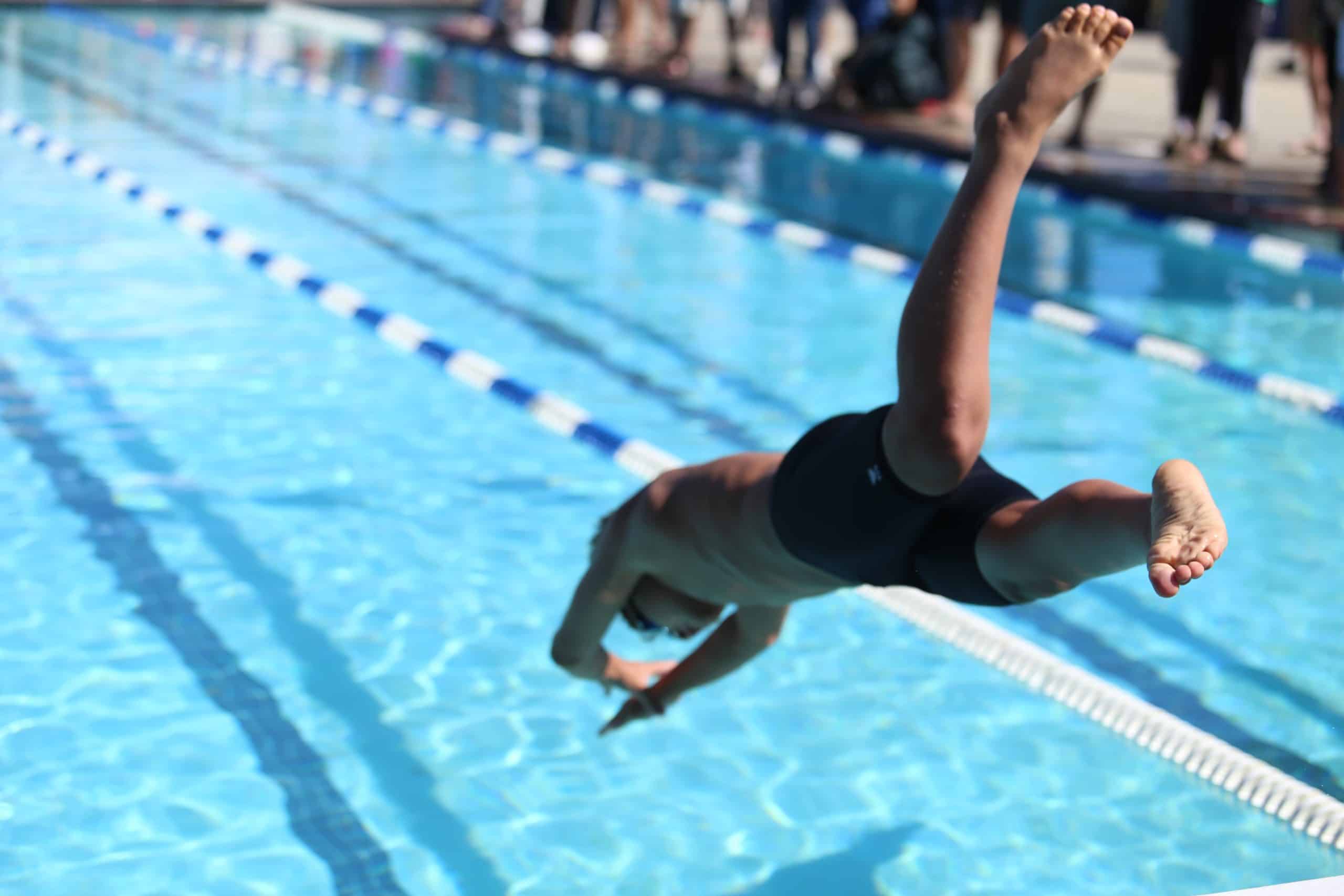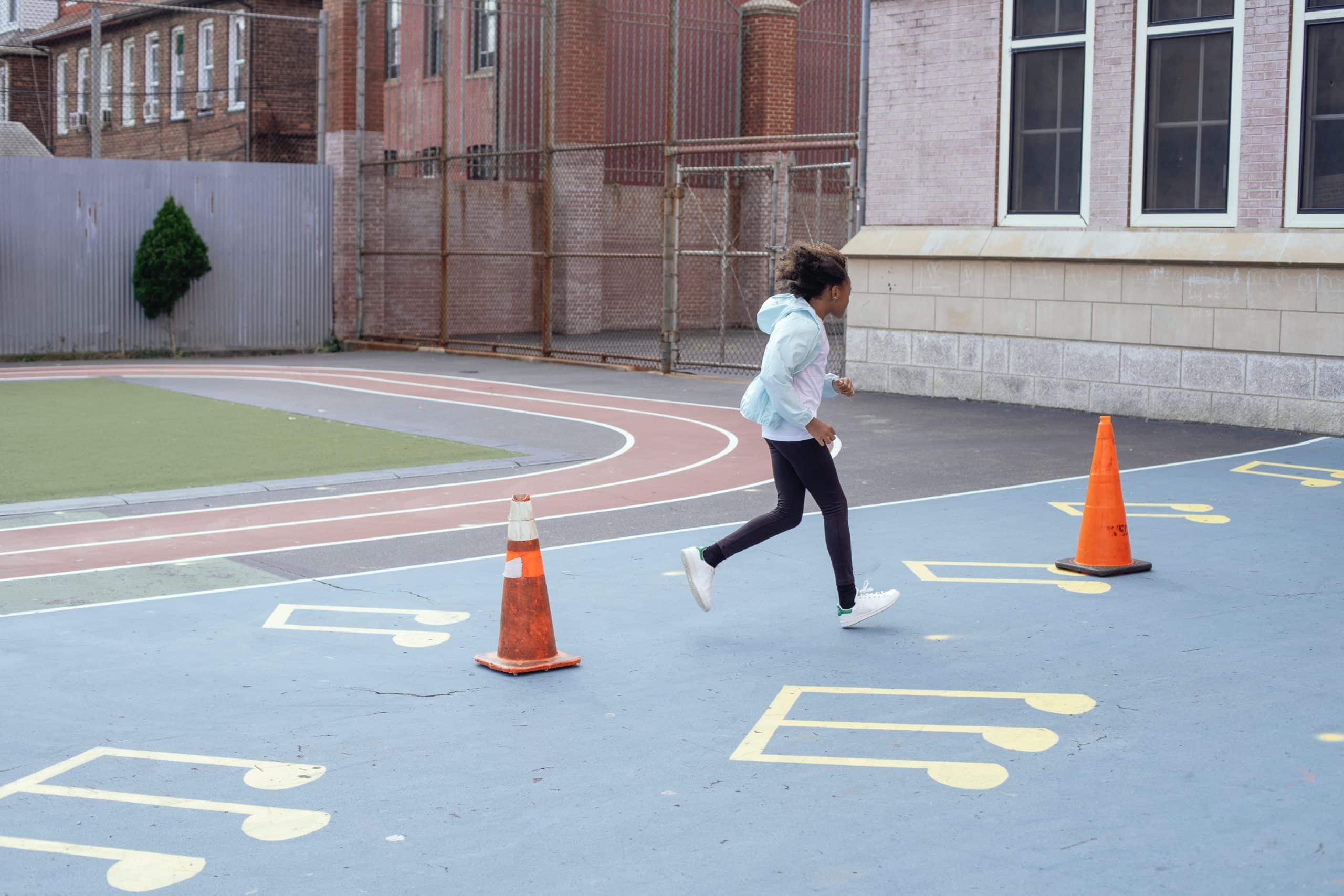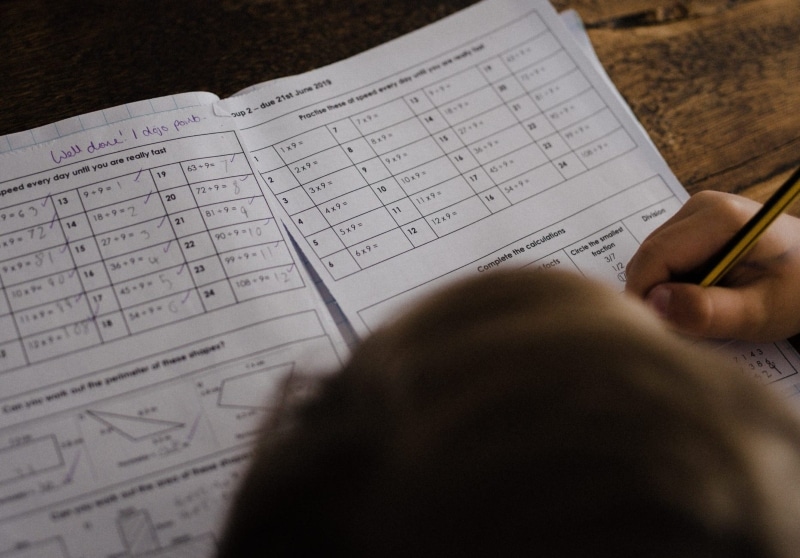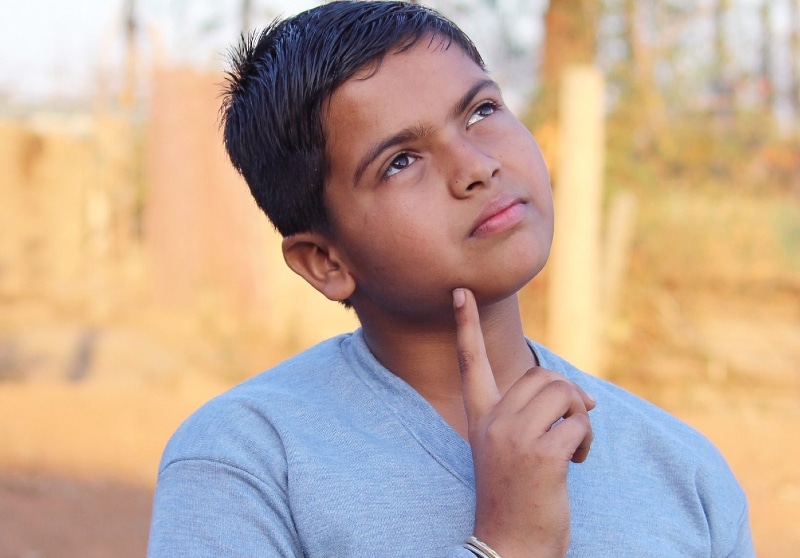
Dispelling Sports Nutrition Myths for Young Athletes
There are many misconceptions which circulate about good sports nutrition and it’s easy for young athletes, and their parents, to take on board inaccurate advice. To dispel the myths, we’ve asked expert performance nutritionist, Dan Richardson, for his top 10 nutritional ‘facts’, which are simply untrue.













